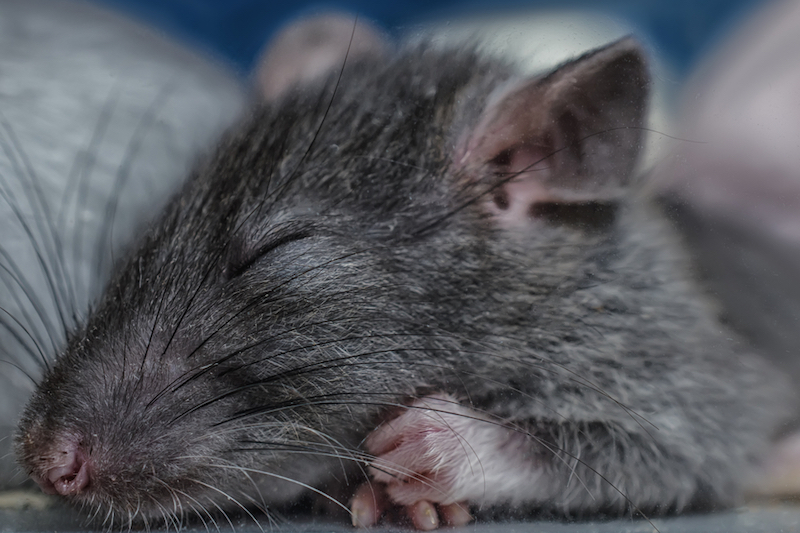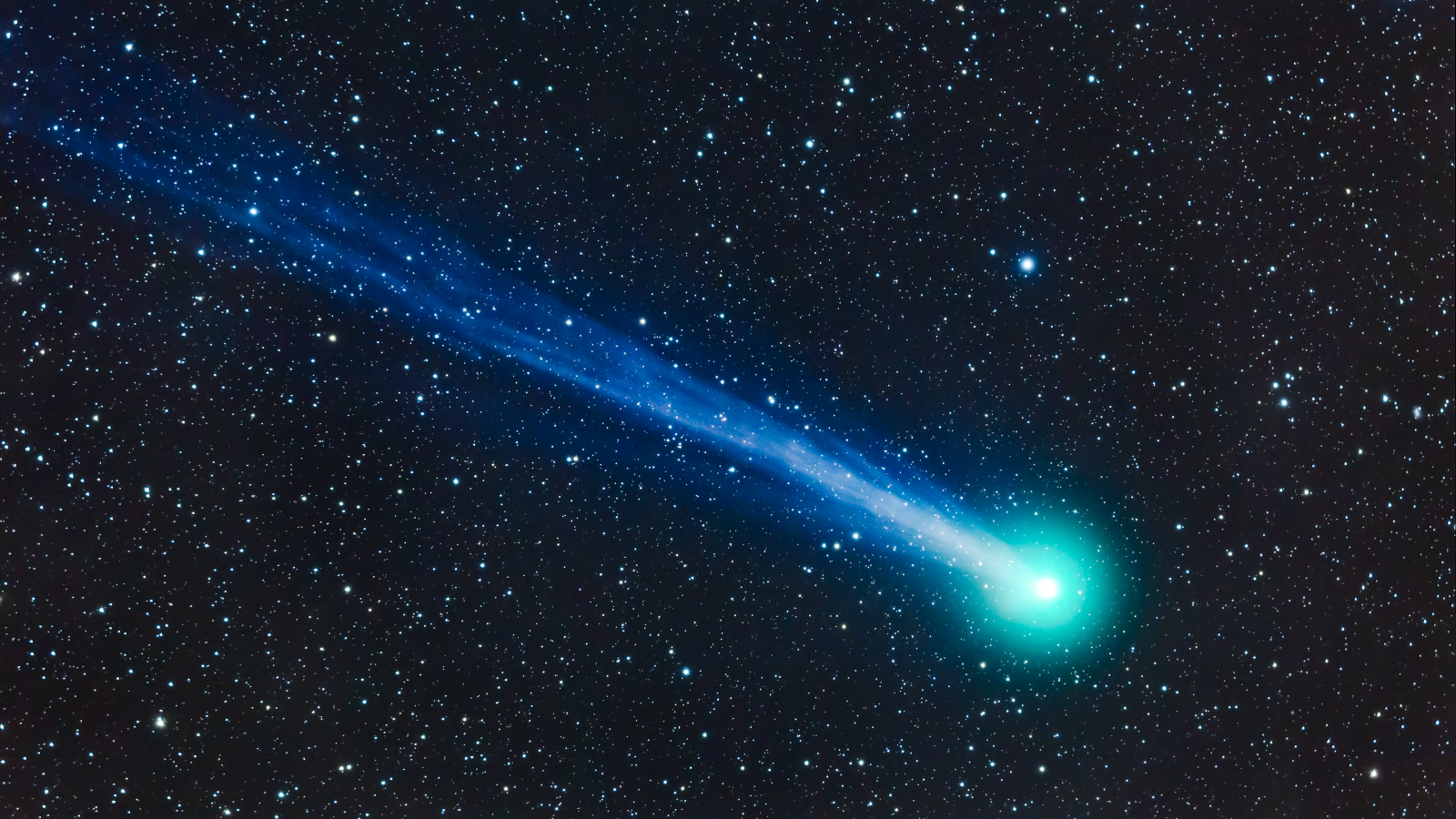Pothead Rats Are Up to Task, But Just Don't Feel Like It

Get the world’s most fascinating discoveries delivered straight to your inbox.
You are now subscribed
Your newsletter sign-up was successful
Want to add more newsletters?

Delivered Daily
Daily Newsletter
Sign up for the latest discoveries, groundbreaking research and fascinating breakthroughs that impact you and the wider world direct to your inbox.

Once a week
Life's Little Mysteries
Feed your curiosity with an exclusive mystery every week, solved with science and delivered direct to your inbox before it's seen anywhere else.

Once a week
How It Works
Sign up to our free science & technology newsletter for your weekly fix of fascinating articles, quick quizzes, amazing images, and more

Delivered daily
Space.com Newsletter
Breaking space news, the latest updates on rocket launches, skywatching events and more!

Once a month
Watch This Space
Sign up to our monthly entertainment newsletter to keep up with all our coverage of the latest sci-fi and space movies, tv shows, games and books.

Once a week
Night Sky This Week
Discover this week's must-see night sky events, moon phases, and stunning astrophotos. Sign up for our skywatching newsletter and explore the universe with us!
Join the club
Get full access to premium articles, exclusive features and a growing list of member rewards.
Marijuana can have many effects, some of them less desirable than others. In a laboratory full of rats, the drug can leave you with cages of full of shiftless stoners, new research shows.
In a new study, researchers gave rats increasing doses of tetrahydrocannabinol (THC), the main psychoactive compound in marijuana, and then presented the animals with a choice of two tests of their attention. The rodents increasingly preferred to do the easier task.
"When rats were given this main psychoactive ingredient of cannabis, they weren't willing to exert cognitive energy," said study lead author Mason Silveira, a graduate psychology student at the University of British Columbia in Canada. The drug "minimized their willingness, but not their actual ability to do the task," he said.
The rats first learned the tasks before they were given any THC. Based on natural variation in their dispositions, the rats were grouped into "workers," who preferred the more difficult, high-reward task, and "slackers," who tended to choose the easy task.
The tasks worked like this: If a rat nuzzled one lever, the animal was presented with an easy task — correctly identify which one of five lights flashed for 1 second, and receive a sugar pellet reward. If the rat nuzzled a different level, it got the hard task, and the target light flashed for only 0.2 seconds, but correct responses earned two pellets.
Once the animals were given THC, by injection into their bellies, "regardless of category, the rats all showed a downward shift in their choice of that hard option," Silveira said. The strength of their preference for the easier task increased with dosage, but the rats' success rate in each task was unaffected; when they tried to complete the harder task, they were able to do it.
At the highest doses of THC, some rats never even attempted either task.
Get the world’s most fascinating discoveries delivered straight to your inbox.
The researchers also found a connection between a greater impairment in the rats' ability to complete the tasks successfully and a higher density of a particular receptor, cannabinoid receptor type 1 (CB1), in the rats' brains. They focused on the rat's medial prefrontal cortex, a brain region associated with decision-making.
The researchers looked at the effects on decision-making of other compounds as well, including cannabidiol (CBD), which is also found in marijuana. Unlike THC, CBD had no effect on the rats' task preference, the researchers said.
It's unclear whether the finding may apply to people, the researchers said.
But the result is in line with slacker stereotypes and some human research. In one previous study, in 2013, researchers looked at brain scans and found that people who regularly smoked marijuana over long periods of time produced less dopamine, a chemical in the brain that is linked to motivation.
Further research could one day help medicinal marijuana users take the drug with reduced side effects, the researchers said.
The study may be limited because all of the rats used were male for ease of animal care, the researchers said, and there are sometimes sex differences in the way animals react to drugs. Additionally, though the study began with 29 rats, some of the analyses used a smaller subset than they would have preferred, in part because of limited supplies and rules governing the amount of cannabinoids that can be kept in a facility, the researchers said.
The study was published online Aug. 23 in the Journal of Psychiatry and Neuroscience.
Original article on Live Science.
 Live Science Plus
Live Science Plus











